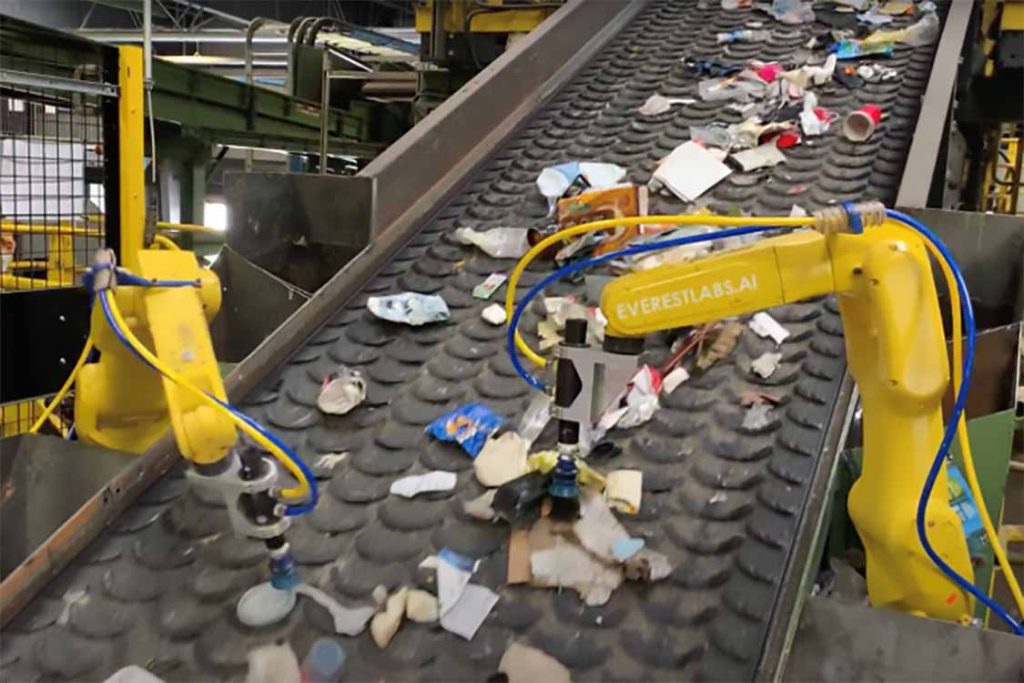Innovation Unveiled: Exploring Breakthroughs in Modern Business
In the modern business landscape, Innovation stands as a critical pillar that shapes success. From revolutionary technologies to forward-thinking strategies, businesses are constantly evolving to remain competitive and relevant. Breakthroughs in various sectors—from artificial intelligence to sustainability initiatives—are transforming industries in ways previously thought unimaginable. This rapid shift necessitates a deep understanding of emerging trends and the ability to adapt swiftly. Companies that embrace these changes are better positioned for sustainable growth and long-term success.
The Role of Technology in Driving Change
Technological advancements have arguably been the most influential drivers of Innovation in business. The rapid adoption of artificial intelligence (AI), machine learning, and automation has revolutionized industries such as healthcare, finance, and retail. AI-powered solutions enable businesses to process large volumes of data, predict consumer behavior, and streamline decision-making processes. These technologies not only enhance efficiency but also reduce operational costs, making them invaluable for organizations seeking to remain competitive.
For instance, AI in healthcare has enabled diagnostic tools that are more accurate than ever before. Machine learning algorithms analyze medical images and historical patient data to predict health conditions with remarkable precision. Similarly, in retail, AI-driven recommendation systems help businesses personalize shopping experiences, driving higher engagement and conversion rates.
Moreover, automation tools are changing the way industries operate by reducing the need for manual intervention. Robotic process automation (RPA) in manufacturing and administrative functions is helping organizations achieve unprecedented efficiency, ensuring consistency and precision across operations.
Sustainability: A Key Area of Innovation in Business
Sustainability has become an integral aspect of modern business practices. With increasing consumer demand for eco-friendly products and the growing pressure from governments and environmental organizations, companies are exploring innovative ways to reduce their environmental impact. This shift towards sustainability is not just about corporate responsibility; it is also a strategic move to create value through resource efficiency and long-term brand loyalty.
Businesses are increasingly adopting green technologies, such as renewable energy sources and waste-reduction processes, as part of their commitment to sustainability. Innovations in energy storage and electric vehicles, for example, are reshaping entire industries. Automakers are investing heavily in electric vehicle development, while tech companies are exploring ways to power their data centers using renewable energy.
Furthermore, the circular economy model is gaining traction. Companies are looking for ways to repurpose products and materials, thus reducing waste and increasing resource utilization. This sustainable approach not only benefits the environment but also opens new business avenues, as consumers are more inclined to support brands that align with their values.
Business Model Evolution through Digital Transformation
Digital transformation is another area where Innovation is playing a pivotal role. In recent years, the shift to digital platforms has reshaped how businesses operate and interact with customers. The rise of e-commerce, cloud computing, and digital marketing has allowed companies to reach wider audiences and operate with greater agility.
Cloud technology, in particular, has revolutionized business infrastructure. By enabling companies to access computing power, storage, and applications over the internet, cloud solutions have made it easier for businesses to scale operations and collaborate across geographies. This has significantly lowered the cost of entry for startups and has given established firms the flexibility to innovate at a faster pace.
The proliferation of social media and digital marketing tools has also transformed consumer engagement. Companies are now able to tailor their messaging, track consumer interactions, and optimize campaigns in real-time. Digital platforms provide businesses with the tools to reach customers with unprecedented accuracy, turning engagement into measurable results.
Customer-Centric Innovation: Enhancing the Consumer Experience
At the heart of modern Innovation lies the ability to understand and meet customer needs. Companies are increasingly relying on data analytics and customer insights to create personalized experiences that resonate with their target audience. Whether through customized products, services, or communication strategies, businesses are striving to enhance customer satisfaction and loyalty.
Artificial intelligence and big data are central to this shift, as they enable businesses to understand consumer behavior at a granular level. Personalized marketing, targeted offers, and dynamic pricing are all part of the ongoing efforts to provide tailored experiences. The use of chatbots and virtual assistants has further streamlined customer service, offering instant support and driving customer engagement.
Moreover, the rise of omnichannel strategies ensures that customers have a consistent experience across all touchpoints, whether online or offline. Companies are integrating their digital and physical presence to create seamless interactions, further enhancing the overall consumer experience.
The Future of Innovation in Business
As industries continue to evolve, the pace of Innovation is expected to accelerate. Emerging technologies such as quantum computing, blockchain, and augmented reality are poised to disrupt even the most established sectors. Quantum computing, for example, has the potential to revolutionize fields like cryptography, material science, and artificial intelligence, offering solutions to problems that were previously unsolvable.
Similarly, blockchain technology promises to enhance transparency and security in areas such as finance, supply chain management, and contract execution. By creating decentralized, immutable records, blockchain could reduce fraud, enhance efficiency, and increase trust across industries.
Augmented reality (AR) and virtual reality (VR) are set to transform how businesses engage with customers. From virtual product try-ons in retail to immersive training experiences in industries like manufacturing and healthcare, AR and VR are creating new avenues for businesses to connect with their audience.
In conclusion, Innovation remains the cornerstone of success for businesses seeking to stay competitive in a fast-changing world. By embracing technological advancements, adopting sustainable practices, and focusing on customer-centric strategies, organizations can not only thrive today but also shape the future of their industries. As the business landscape continues to evolve, the ability to innovate will define the leaders of tomorrow.





